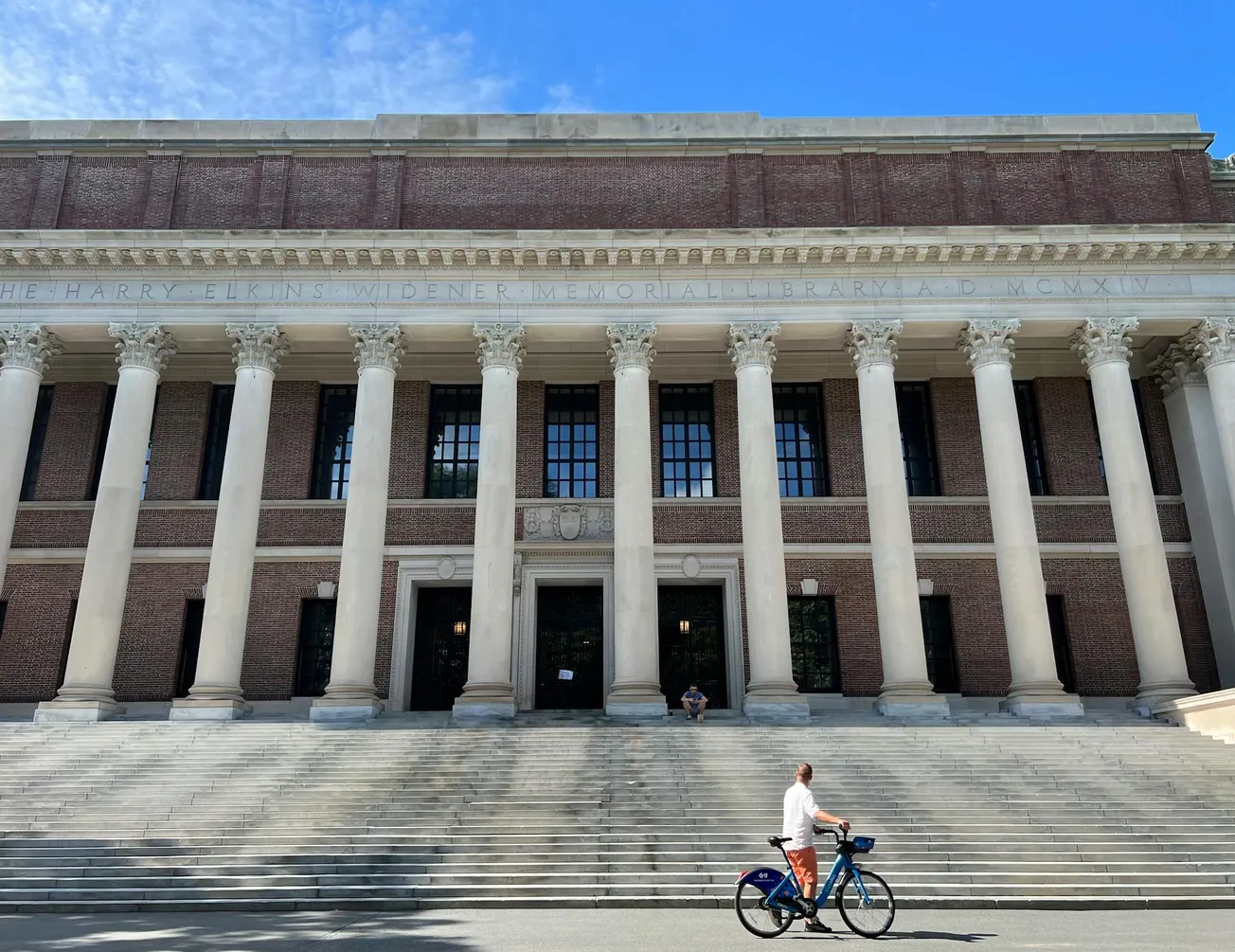Harvard University has publicly rejected a series of demands from the Trump administration, which has threatened to withhold more than $2 billion in federal funding unless Harvard adopted sweeping changes to admissions, faculty hiring, and disciplinary policies.
“Neither Harvard nor any other private university can allow itself to be taken over by the federal government,” Harvard University told the Trump administration on April 14, in response to a list of government demands made on April 11. “Harvard will not accept the government’s terms.”
While some of the demands at least cited meaningful legal rationales for the policies they insisted upon (adherence to the Supreme Court ruling regarding admissions decisions, for example), the demands as a whole would require Harvard to end academic freedom and appoint and admit faculty and students who espouse the views of the White House.
While calling for an end to current DEI programs, the government letter demands proof that Harvard is working to ensure that “each department, field, or teaching unit … be individually viewpoint diverse”! This preposterous statement—which sounds for all the world like the DEI it attacks in name—is followed by the contradictory demand of an end to all “criteria, preferences, and practices” for admissions and hiring, “that function as ideological litmus tests.” How else would you achieve “viewpoint diversity” but by using tests of ideology—in this case, the administration’s favored ideology? The government demanded reports from now until 2028 on admissions, hiring, anti-Semitism (read: opposition to Israel’s wholesale destruction of Gaza), and student discipline reforms. All of this was to be achieved through a “binding settlement agreement.”
Following Harvard’s rejection of the outrageous demands, the Trump administration has threatened the university’s tax-exempt status.
“This is what Joe McCarthy was trying to do magnified ten- or 100-fold,” said former Harvard President Larry Summers, according to the New York Times. He added that “it runs directly against the university’s role in a free society.” Summers also opined that “the extremity of the demand letter made this an easier decision than it might otherwise have been.”



